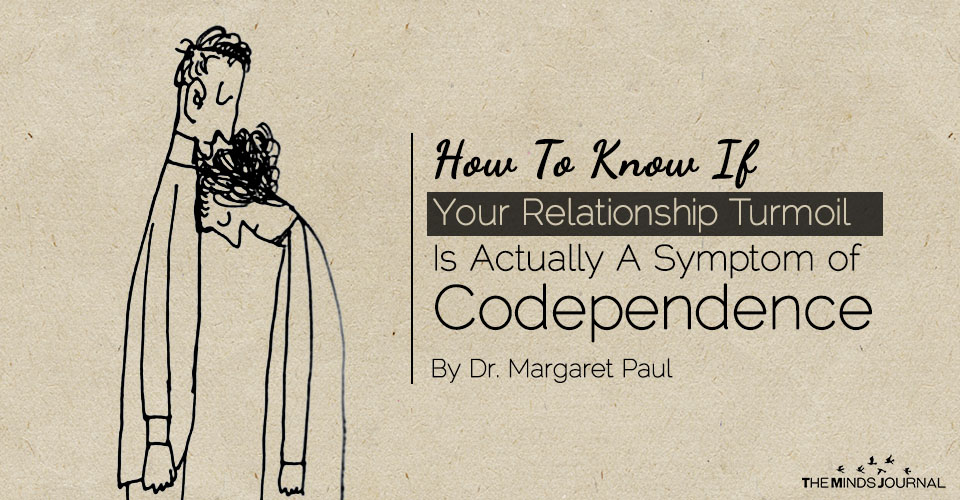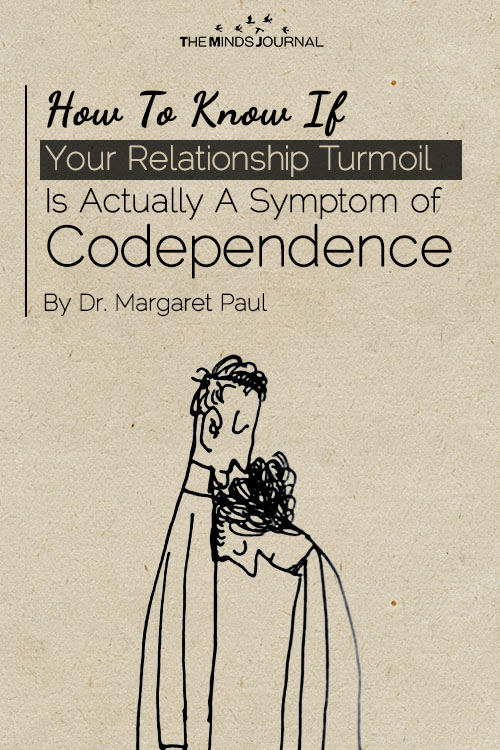Do you have a friend, parent, or partner who often dramatizes and catastrophizes—even with seemingly minor events?
What do you usually do when they are overreacting?
– Do you therapize them or try to talk them out of their feelings?
– Do you listen even when you don’t want to, hoping they will eventually stop?
– Do you get angry and judgmental?
– Do you join them in the drama?
What happens and how do you feel when you do any of these things?
The problem with doing any of the above is that you are actually supporting them—enabling them—in continuing their dysfunctional, addictive behavior. You are feeding their addiction with your attention, and you will likely end up feeling drained. Being overdramatic, catastrophizing, and complaining are all attempts to control—to get your attention, your sympathy, and in some way, convince you to take responsibility for them.
Here’s how to deal with this kind of behavior in a way that’s loving to yourself and to the other person—without enabling them:
1. Lovingly disengage, which means walking away without anger or blame—getting yourself out of range of the drama.
2. If you are on the phone, kindly let the person know that you are not currently in a place to listen and hang up.
3. If you can’t walk away or hang up, then stay calm and don’t engage with them. Staying calm and not engaging doesn’t feed their addiction.
4. If this is a person who might be open to your truth, you can let them know that you find the drama draining. You can tell them that you want to connect with them, but that when they go into drama, you feel pushed away and disconnected from them.
5. If this is someone who frequently goes into drama when you ask them how they are, then stop asking. Asking opens the door for them to indulge in their addiction.
If you find yourself continuing to engage with them, you might want to explore why you keep doing this. Do you believe that you can have some control over getting them to stop? Do you feel responsible for them in some way? Are you an empathetic person who feels their pain and wants to get them to stop acting in a way that’s hurtful to themselves? Are you trying to get them to stop so that you stop feeling their pain?
Most of us hate feeling helpless over another’s addictive and dysfunctional behavior, especially when their behavior is affecting us in negative ways. We want to get them to see the error of their ways and change. However, in order to be loving to yourself in the face of another’s drama, you need to fully accept your lack of control over their drama addiction—or any other addiction.
Once you fully accept this, then you are free to take loving care of yourself when they start complaining, dramatizing, or catastrophizing. You are free to stay calm, speak up for yourself, and/or disengage. Instead of trying to change them or take responsibility for them, focus on taking loving care of your own feelings.
What if you’re the drama king or queen?
You might want to explore what you’re hoping to achieve by being so dramatic. Is it possible that you’re not giving yourself the attention you’re trying to get from others? Are you ignoring your own feelings, rather than bringing compassion to yourself and trying to get others to give you the compassion you need to show yourself? An addiction to drama indicates that you are abandoning yourself in some way. To overcome this addiction, you need to open up to learning how your treatment of yourself is leading you to depend on others for attention, compassion, or sympathy.
Written by Margaret Paul, PhD
For information or to schedule a phone or Skype session: 310-459-1700 • 888-646-6372 (888-6INNERBOND)
Anxious? Depressed? Addicted? Empty? Relationship struggles?
Inner Bonding® – The Power To Heal Yourself!
http://www.innerbonding.com
You may also like
How to Change Your Codependent Behaviors
Signs You Might Be In A Codependent Relationship
Toxic relationship habits most people think are normal
The War of Independence In Relationships
6 Telltale Signs Of The Most Toxic Relationship Of All
4 Powerful Exercises That Make A Toxic Relationship Healthy
Toxic Narcissism in Relationships: Top 10 Warning Signs You’re Being Gaslighted
We Often Stay In Abusive Relationships Because of Trauma Bonding









Leave a Reply
You must be logged in to post a comment.